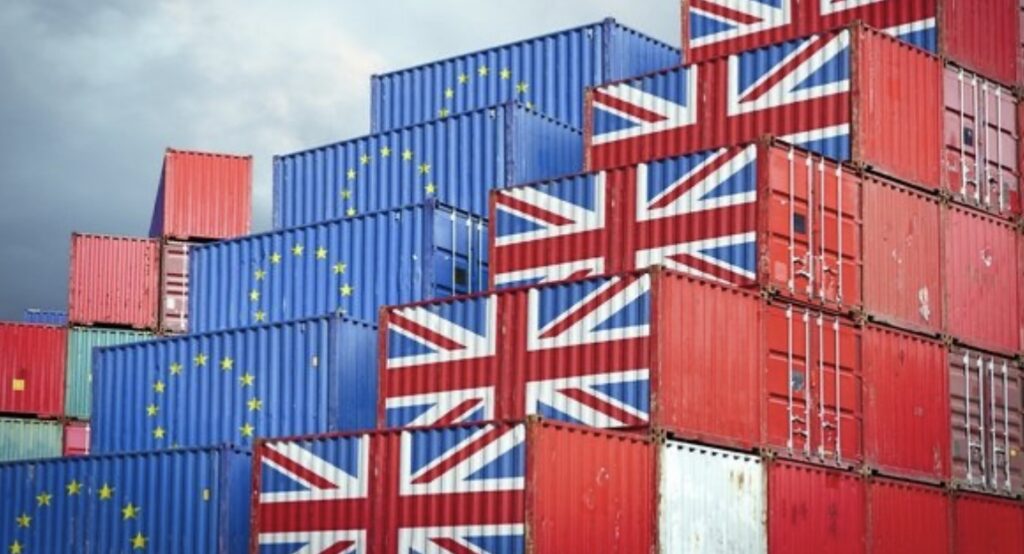The Key to a sustainable solution for the NIP
Tony Connelly writes today in RTE about the situation on the Northern Ireland Protocol. at the end of thid pist I gove my view on the current situation and the proposal on the table.
’The EU has proposed a Swiss-style sanitary and phytosanitary (SPS) legal agreement that would involve the UK aligning with EU food safety standards – even for a temporary period – and would eliminate 80% of the checks and controls on goods entering Northern Ireland.

While the UK cabinet office minister David Frost has rejected this as a “non-starter”, the EU believes there is growing support for it among businesses and politicians in Northern Ireland.
London instead wants an “equivalence” style agreement. Both sides would acknowledge each other’s high food safety standards, and if the UK diverged from those standards (which have yet to change since 1 January), then the EU could increase checks and controls on the Irish Sea accordingly.
It would be accompanied by a sophisticated trusted trader scheme, allowing the auditable surveillance of food along the supply chain, from production to its arrival on Northern Ireland supermarket shelves.
The UK has submitted a paper outlining this approach to the European Commission. It is understood the paper does not suggest an arbitration mechanism, in the event of a dispute, and there would certainly be no role for the European Court of Justice (ECJ).
The EU believes an “equivalence” arrangement will only remove a small number of checks. Officials haven’t closed the door on it, but they say the UK should specify what checks they are prepared to do and how far they intend to diverge from the standards they have inherited from EU membership.
“If the UK wants to do away with checks entirely there is one solution, which is an SPS veterinary agreement,” says a senior EU official. “If the UK’s intention is to reduce the number of checks, then they need to tell us, and we will find a solution adapted to that. Where the UK wants to reserve the ability to diverge from EU rules, then the knock-on effect of that is the presence of checks.”
However, the signs are that David Frost will propose sweeping away a large number of checks at Northern ports altogether.
It’s understood he will propose that only those goods that are clearly going to the South are checked, and that everything else will be the responsibility of supermarkets, who will use their own traceability systems to account for where a product is along the supply chain (from GB to a shelf on a Northern Ireland outlet).
London will insist this is still within the confines of the protocol and that it is simply a way of implementing it.’
In my view the model proposed by UK could work and it would give the EU the needed insurance and security, it would fulfill the important principle intentions of the NIP, if implemented in a correct way.
A fully fledged modern Trusted Trader Programme with market surveillance and track and trace on sensitive goods would be a more safe and secure model than the current models used andwhere in the two customs unions.
It would also be fully in line with international standards and proven in operations. The way to go and the key to an applicable NIP is a modern system based control system in partnership with trade, using the already exisiting compliance mechanisms and systems.
Naturally this application of the model needs to be described in details both from a design, development and implementation point of view, to ensure that it will meet the needed levels of assurance, but this is possible to do.
I hope that the two parties will agree to try this out, I don’t see any of the ither alternatives as likely to do – and regardless, would not solve the challenge at hand in a way that would be better and sustainable over time.
Source:RTE
You must be logged in to post a comment.